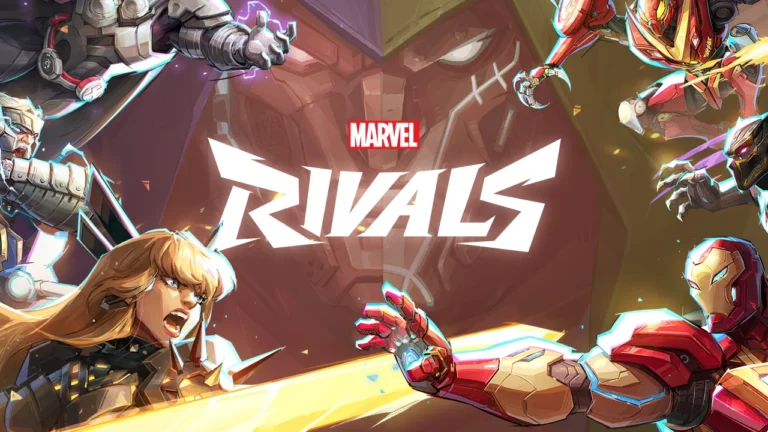In every competitive game, recognition matters. But have you ever finished a tough match in Marvel Rivals, seen the letters SVP pop up next to your name, and wondered what does SVP mean in Marvel Rivals? Well, you’re not alone—I asked myself the same thing the first time I earned it. And after understanding its true value, I realized it’s one of the most underrated mechanics in the game.
Let’s dive into what SVP really is, why it’s more important than you think, and how it can actually save your rank when things go south.
What Does SVP Mean in Marvel Rivals?
Let’s clear the air—SVP stands for Second Valuable Player. No, it’s not just a consolation prize for losing. It’s a title that rewards the player who performed the second best in the match, often highlighting the top performer on the losing team.
It’s Marvel Rivals’ way of saying, “Hey, you carried as much as you could, and we see you.” And honestly, as someone who’s had more than a few games where my teammates… let’s say, didn’t show up, this little badge of honor feels like a lifesaver.
How Does SVP Work in Marvel Rivals?
It’s not random, and it’s definitely not given just for showing up. The SVP title is calculated based on your in-game contributions:
-
High Damage Output: If you were dishing out serious pain, you’re in the running.
-
Effective Healing: Support mains, rejoice! Your effort matters here.
-
Strategic Plays: Clutch moments, smart positioning, key eliminations—these all add up.
So, if your team ends up losing but you were clearly putting in work, Marvel Rivals makes sure your individual performance doesn’t go unnoticed.
SVP and Rank Protection: Why It’s a Game-Changer
Here’s where things get interesting. Earning the SVP title isn’t just about bragging rights. One of its biggest perks is rank protection.
Yep, you read that right. If you grab the SVP title in a losing match, you won’t lose rank points. This mechanic encourages players like me—and probably you too—to never give up, even when the match feels like a lost cause.
I can’t tell you how many times I’ve fought tooth and nail in a losing battle, only to breathe a sigh of relief when I saw that SVP badge and realized my rank was safe.
Why the SVP System Keeps You Motivated
Let’s face it—team-based games can be frustrating when things don’t go your way. But the SVP system in Marvel Rivals is genius because it:
-
Rewards Individual Excellence: Even if your squad falls apart, your personal effort is recognized.
-
Encourages Consistent Performance: Knowing you can save your rank keeps you playing at your best.
-
Balances Teamwork with Solo Impact: It’s still a team game, but you’re not punished as harshly for factors out of your control.
In my opinion, every competitive game should have something like this. It keeps players engaged, reduces tilt, and promotes a healthier competitive environment.
Tips to Secure SVP in Marvel Rivals
If you’re wondering how to consistently earn SVP, here are a few personal tips I’ve picked up:
-
Master One Role, but Stay Flexible: Whether you’re a damage dealer or support, know how to shine in your role.
-
Focus on Objectives: High impact plays, not just kills, get noticed.
-
Stay Alive: Smart positioning leads to better stats over time.
-
Don’t Tilt: Even in losing games, keep performing—SVP might save your rank.
FAQs
What does SVP mean in Marvel Rivals?
SVP stands for Second Valuable Player, awarded to the second-best performer in a match, often from the losing team.
Does earning SVP prevent rank loss?
Yes, if you earn SVP in a losing match, you won’t lose rank points.
How is SVP calculated in Marvel Rivals?
It’s based on key stats like damage dealt, healing, strategic plays, and overall impact relative to your rank.
Can both MVP and SVP come from the same team?
Typically, MVP is from the winning team and SVP highlights top performance from the losing side.
Is SVP only available in ranked matches?
SVP mainly impacts ranked matches due to the rank protection feature but can appear in other modes for recognition.
Does SVP give extra rewards besides rank protection?
Currently, it’s mainly tied to rank safety and personal recognition.


